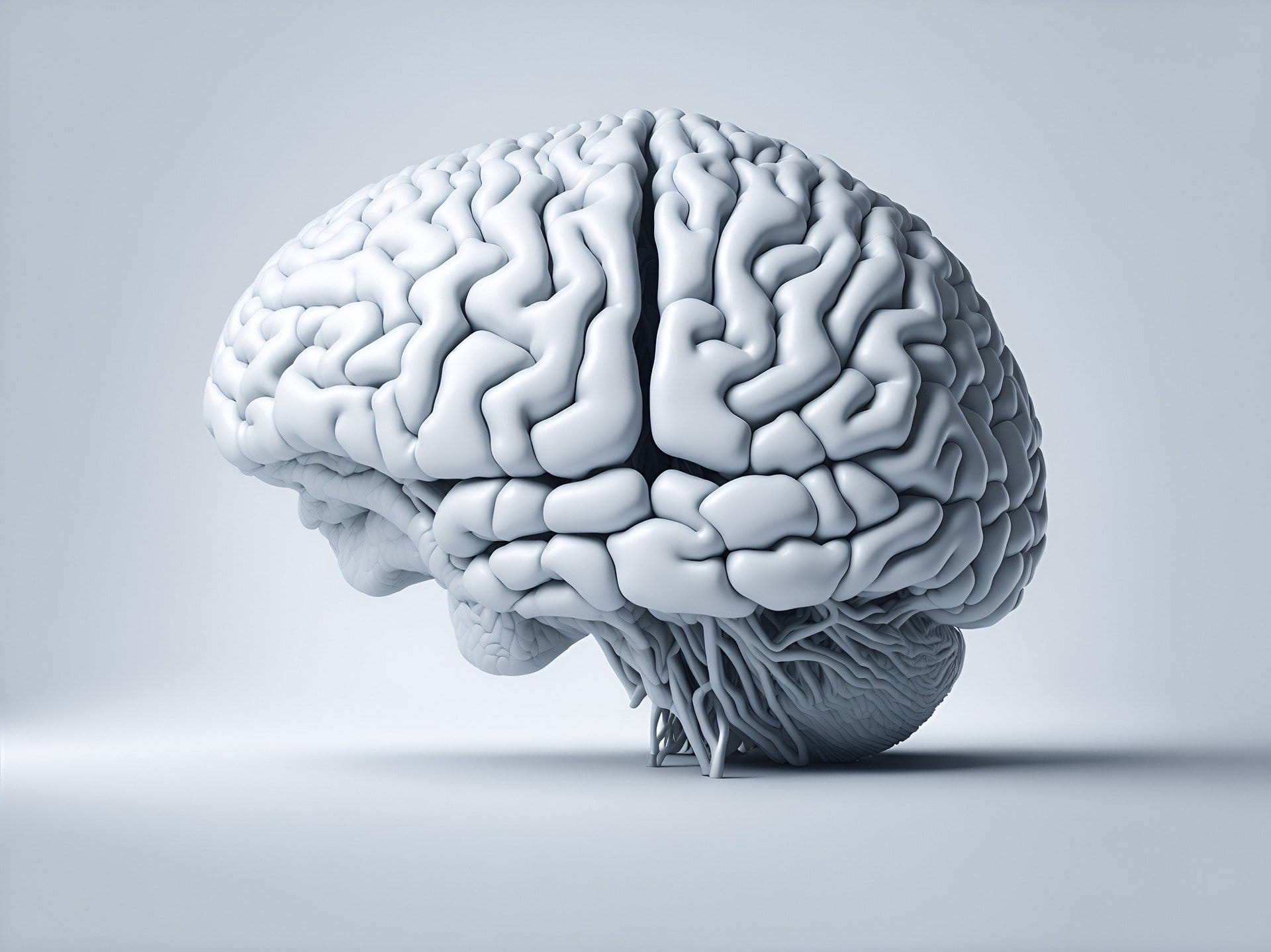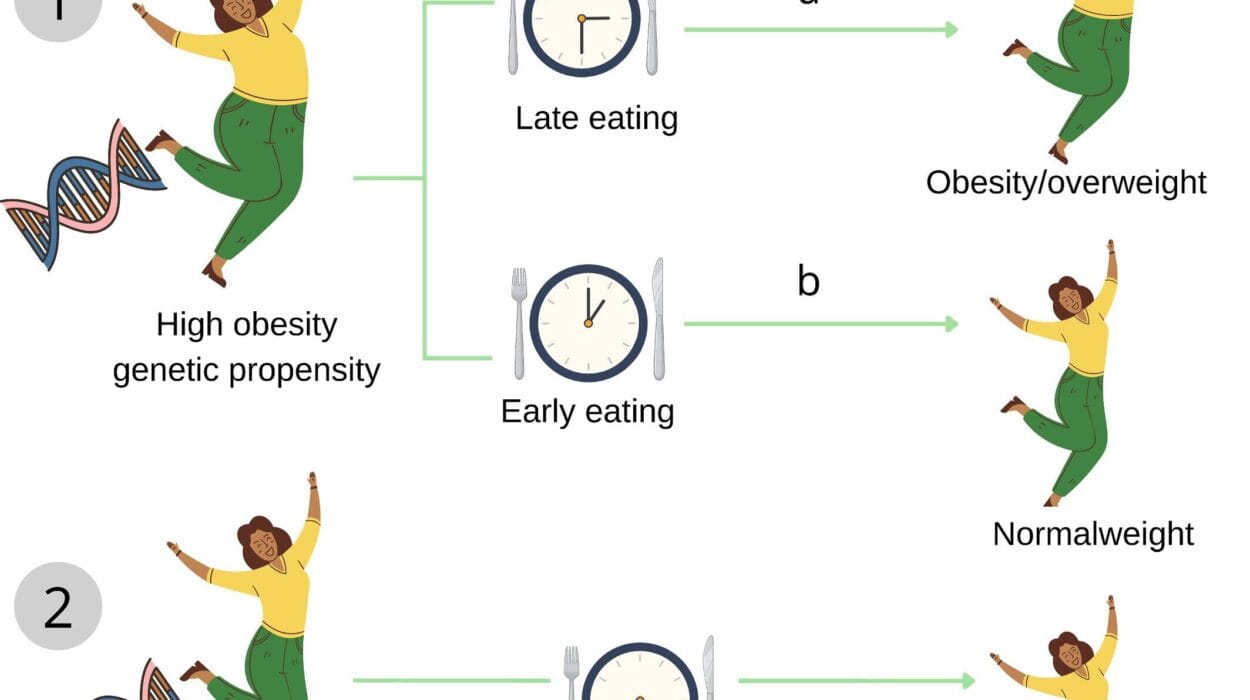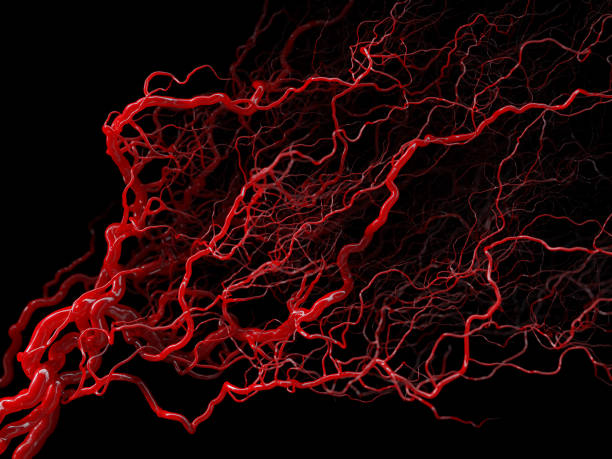A groundbreaking study from Tel Aviv University is challenging traditional views about how humans learn and form memories. The research, led by Prof. Moshe Parnas and Ph.D. student Eyal Rozenfeld, reveals a fascinating insight into the competition between two core learning systems in the brain: classical and operant conditioning. This discovery has the potential to reshape our understanding of cognitive processes and open new avenues for treating learning disorders such as ADHD and Alzheimer’s.
Traditionally, scientists have understood that humans and animals use a variety of learning methods to adapt to their environments. Two of the most well-known types of learning are classical conditioning and operant conditioning. Classical conditioning is a passive form of learning where an organism learns to associate a neutral stimulus with a significant one. The most famous example of this is Ivan Pavlov’s experiment with dogs, where the sound of a bell was associated with food, causing the dog to salivate at the sound even when no food was presented.
On the other hand, operant conditioning involves active behavior. In this form of learning, an organism learns to associate its own actions with rewards or punishments. If a behavior results in a positive outcome, the organism is more likely to repeat it; if it leads to negative consequences, the behavior is avoided. This principle, famously demonstrated by B.F. Skinner’s experiments with rats and pigeons, emphasizes the importance of reinforcement in shaping behavior.
For many years, scientists believed that classical and operant conditioning could coexist in the brain, with both learning systems working in parallel to help organisms adapt to their environment. However, the new study conducted by Tel Aviv University suggests a much more complex relationship between these two systems, revealing that the brain may actively suppress one form of learning in favor of the other when they conflict. This phenomenon can lead to confusion and difficulty in performing actions when both conditioning systems are trying to dictate behavior at the same time.
The study focused on fruit flies (Drosophila), which, despite having relatively simple brains compared to mammals, share many similarities in their neurological processes. By using powerful genetic tools, the researchers were able to examine how the brain of the fruit fly prioritizes one learning system over the other. The results were striking: when fruit flies were trained using classical conditioning, they learned to associate a particular odor with an electric shock and froze in response to the smell. This is the typical response observed in classical conditioning, where the organism learns to react passively to a stimulus.
However, when the flies were trained using operant conditioning to associate the same odor with an electric shock, they learned to flee from the smell. In this case, the flies were actively avoiding the shock by associating their movement with the negative outcome. The researchers discovered that the fruit flies were unable to learn both responses at the same time. When both types of conditioning were attempted simultaneously, the flies failed to exhibit a clear response to the shock. This suggests that the brain could not handle both types of learning at once.
Prof. Parnas explains that this finding indicates that the brain is actively engaged in a “mental tug-of-war” between the two systems, blocking one type of memory to allow the other to take precedence. This mechanism helps avoid confusion but also means that it is difficult to learn two conflicting actions for the same situation simultaneously. The brain effectively ensures that only one type of memory—either classical or operant conditioning—can be active at a given time.
The implications of this discovery are significant. The researchers found that the brain has a “navigation center” that plays a key role in managing this competition between learning systems. This center actively intervenes to suppress the formation of one type of memory while the other is being processed. This selective activation of learning systems helps prevent conflicting responses to the same situation, a mechanism that may help us avoid confusion in our daily lives.
For example, imagine a situation in which a person learns to associate the sound of a bell with a positive event, such as receiving food, through classical conditioning. At the same time, the person might learn through operant conditioning that pressing a button when the bell rings results in a reward. If the person tries to perform both actions at the same time, the brain would suppress one type of memory, prioritizing the more relevant response based on the context.
The findings from this study could have profound implications for our understanding of multitasking and memory formation. In everyday life, we often attempt to juggle multiple tasks or learn conflicting information simultaneously. However, this study suggests that our brains may be ill-equipped to handle such situations, leading to errors or memory lapses. For instance, trying to focus on learning two incompatible skills at once might not only confuse us but could also impair our ability to retain important information.
Furthermore, this research could have practical applications in the treatment of learning disorders. Conditions such as ADHD, Alzheimer’s disease, and other cognitive disorders often involve difficulties in memory formation and learning. By understanding how the brain navigates the competition between different types of learning systems, scientists may be able to develop more effective treatments or interventions for these conditions. For instance, interventions could be designed to help individuals with ADHD better manage the conflict between classical and operant conditioning, improving their ability to focus and learn in environments that require multiple types of learning.
The study also highlights the potential for future research into the neural circuits responsible for managing learning systems. By identifying the specific brain regions and pathways involved in this process, researchers could uncover new ways to enhance learning in both healthy individuals and those with cognitive impairments. Moreover, the study of simpler organisms like fruit flies provides a valuable model for understanding complex neural processes in humans. Despite their small and relatively simple brains, fruit flies share many similarities with humans in terms of how their brains process information. This makes them an ideal model for studying the underlying mechanisms of learning and memory.
Reference: Eyal Rozenfeld et al, Neuronal circuit mechanisms of competitive interaction between action-based and coincidence learning, Science Advances (2024). DOI: 10.1126/sciadv.adq3016






